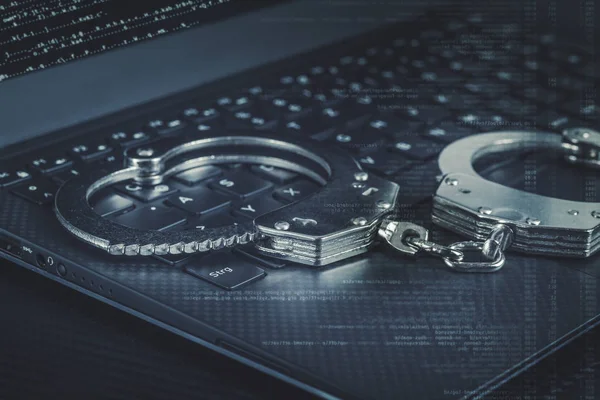Kenyans have been filling social media with passionate reactions over a new law that many fear could weaken their digital freedoms.
The #RejectCyberCrimeLaw campaign has quickly become a rallying cry after President William Ruto signed the Computer Misuse and Cybercrimes (Amendment) Act, 2024, into law on October 15, 2025. What has angered many people is not just the law itself, but also the timing of its signing on the very day the nation was mourning the passing of former Prime Minister Raila Odinga, a man widely respected for his fight for freedom and democracy.
Many online users have called this move suspicious, saying it feels like the government chose a moment of national grief to quietly approve a law that could take away important rights.
The new law gives the government sweeping powers to monitor, control, and restrict online activities. It allows officials to block websites or apps they consider harmful and to monitor private communications.
Actions such as spreading what authorities define as false information or causing panic online could now lead to penalties of up to 20 million shillings or a 10-year jail term.
Critics warn that such measures will make people too afraid to speak their minds, especially about politics, corruption, or government performance.
Many feel this law directly threatens Kenya’s constitutional protections of expression, privacy, and freedom of assembly.
The reaction on social media has been fast and fierce. Users across platforms like X have shared thousands of posts using the #RejectCyberCrimeLaw hashtag, with many calling for continued posting until the government takes notice.
Some see the law as undoing the democratic progress that leaders like Raila Odinga fought for. Others have described it as a betrayal of the very principles that Kenya’s independence and 2010 Constitution were built on.
The growing online movement is being compared to past protests that forced leaders to reconsider unpopular policies.
While the cybercrime law has drawn most of the attention, it was only one of several bills President Ruto signed on the same day. The list also included laws about privatizing state companies, regulating cryptocurrencies, changing land management systems, reforming the police service, updating wildlife policies, and revising air passenger charges.
Observers say passing all these laws together, at a time when the public was distracted by Odinga’s death, may have been a calculated move. Some citizens believe the government is testing whether Kenyans will stay silent even as more power is concentrated in state hands.
Lawyers and digital rights activists have raised additional concerns about how vague the law’s wording is. Terms like “false information” or “unauthorized access” are open to broad interpretation, meaning they could be used against journalists, bloggers, or even ordinary users who criticize those in power.
Supporters of the law argue it is meant to protect citizens from online scams, cyberbullying, and identity theft, but many Kenyans see it as a tool to silence dissent and discourage criticism.
Even as more people join the #RejectCyberCrimeLaw campaign, the mood online has shifted from frustration to determination. Many say that after mourning Raila Odinga, citizens should continue his fight by defending the freedoms he championed.
The conversation has turned into something larger a warning that if Kenyans do not speak up now, they could lose more rights in the future. For now, social media remains the main space where people can voice their anger and organize resistance.
Whether the government listens or not, one thing is clear: the battle over Kenya’s digital future has just begun, and it has already become one of the most defining debates of this political moment.



